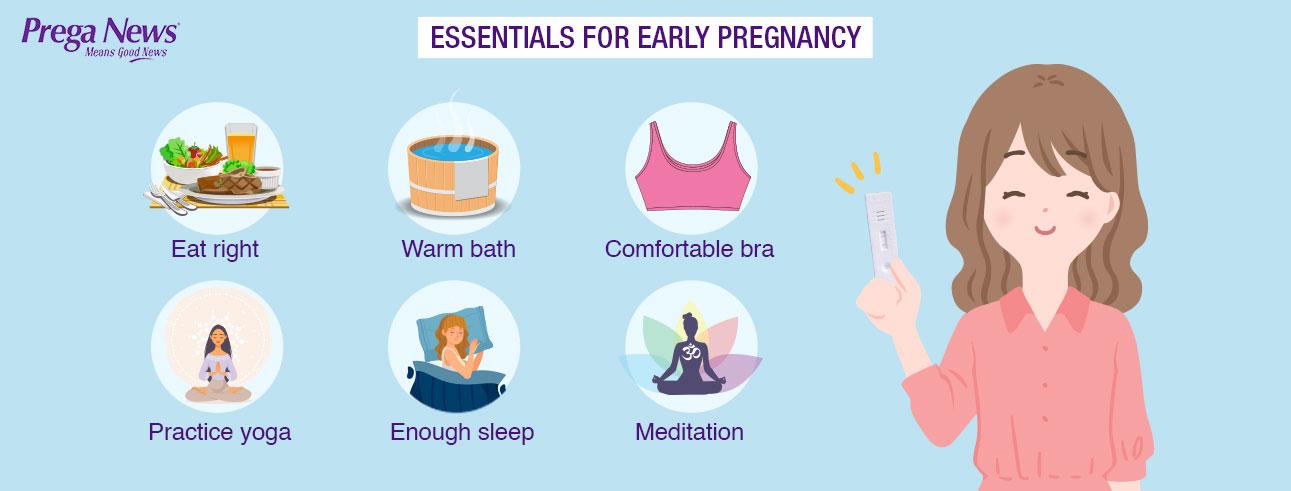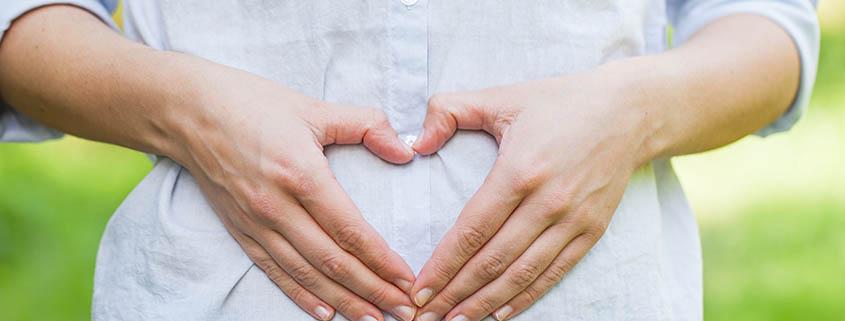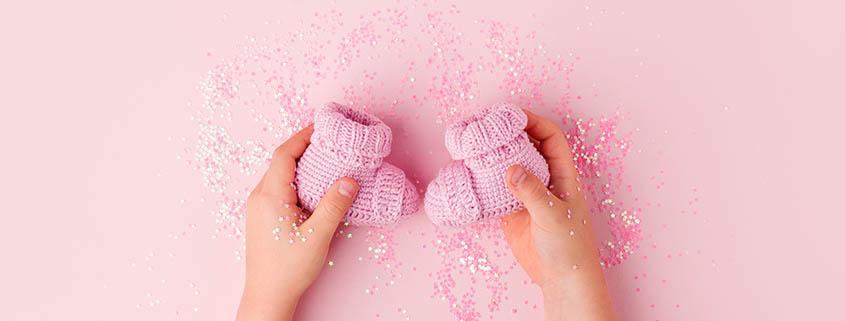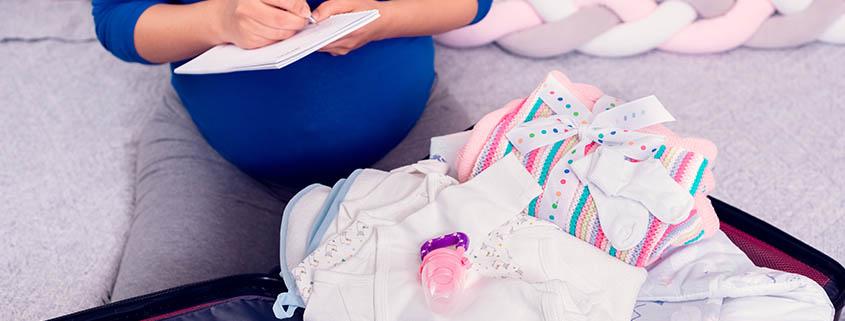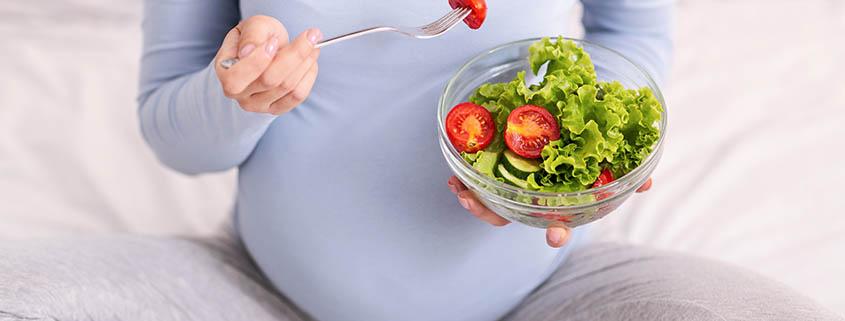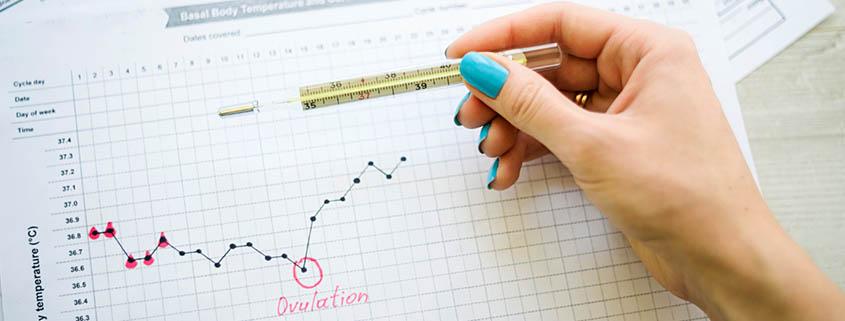Pregnancy is one of the most beautiful times in a woman’s life and we at Prega News are always trying to make this journey as enjoyable and stress-free as possible.
What is the second trimester?
Pregnancy is divided into three trimesters:
- Week 1 – Week 12 is first trimester
- Week 13 – Week 26 is second trimester
- Week 27 – end of pregnancy is the third trimester
In the second trimester, as your baby grows bigger and stronger, you may notice many of the symptoms of the first trimester ebbing away like nausea and fatigue. This is the time many women consider to be the most enjoyable and relaxed duration of pregnancy.
What are the symptoms of the second trimester?
This is time your body grows to adjust the growing baby and these are changes that take place:
- Your uterus grows
- Your belly grows – this is the time you have the baby bump
- You can feel the baby move
- Increase in appetite
- Dizziness owing to lower blood pressure
- Stretch marks
- Difference in colour of skin or patches
- Swelling of ankles
Precautions during Pregnancy: Second Trimester
During your second trimester, you may notice many symptoms that lead to discomfort or pain. Here are some of the precautions and remedies to treat these second trimester symptoms:
Growing belly and breasts leading to soreness
As your body grows to nurture the baby, you may experience soreness and pain in your belly and breasts. Well supported bras with wide straps or a sports bra can help ease the pain by providing adequate support. Massaging your belly with natural oils and wearing snug maternity underwear can also help ease some of the discomfort.
Spotting during pregnancy second trimester
Spotting or vaginal discharge in a sticky, clear or white appearance is deemed normal. This is often noticed after sex during pregnancy and is usually harmless. If you notice any smell or other colour, contact your doctor.
Headaches in Pregnancy – second trimester
Headaches can occur throughout pregnancy and usually subside on their own. While the headaches usually stop in the second trimester, you can try ginger tea, a massage and hot/cold compresses for some easy remedies.
Leg cramps during pregnancy
Leg cramps can commonly occur in the second trimester and often after exercises or prolonged standing. Stretching the calf muscles, wearing comfortable shoes, hot compresses, warm baths and drinking plenty of fluids can help ease them. Also ensure that you stay physically active to lessen the cramps.
Cold during pregnancy second trimester
The increase in hormone levels can cause nasal congestion, cold and nosebleeds. Staying hydrated, using a saline solution and also rubbing petroleum jelly around the nose can help ease these symptoms. If it gets more severe, consult your doctor to know the safe medicines you can consume during pregnancy.
Pelvic pain during pregnancy second trimester
The growing belly and body can often lead to pelvic pain in your second trimester. Exercising in water or simply enjoying a warm bath can help you relax and ease the pain. You can also opt for special exercises and pelvic supports to tackle the same and avoid strenuous exercises or lifting weights.
Rash during pregnancy second trimester
Natural and safe cleansing products and the right skin care routine can help ease some of these but you can always consult your doctor if they don’t subside in a few days or weeks.
Nausea, stomach cramps, indigestion & heartburn
While most of these subside in the second trimester, some women do experience it throughout pregnancy. Ginger lozenges, proper hydration and following some tips on eating right during pregnancy can help tackle the symptoms.
Urinary Tract Infections
UTI is a common occurrence among many pregnant women. Avoiding unhygienic places, keeping toilets clean and disinfection can help prevent these. However, if you do experience symptoms like urges to urinate frequently or sharp pain while urinating, it’s best to consult your doctor.
Frequently Asked Questions
What should be avoided during the second trimester?
Strenuous exercise, lifting weights, alcohol, caffeine, recreational drugs, raw fish, unpasteurized dairy products and processed meats should be avoided during the second trimester.
What months are the 2nd trimester?
Month 4 to month 6 or Week 13 – Week 26 is considered to be the second trimester of pregnancy.
How should I sleep during the second trimester?
During the second trimester, sleeping on your side and usually the left side is considered comfortable and ideal for both mother and baby. However, sleeping positions during pregnancy can vary for women so find one that feels right to you.
Is it normal to have diarrhea in the 2nd trimester?
Yes, diarrhea during pregnancy is quite common and caused by changes in the body. This can be tackled with a proper diet and careful monitoring.
What to eat during the second trimester of pregnancy?
During your second trimester, include every food group in your diet – protein, vitamins, minerals and other essential nutrients. Eating greens, whole foods, lean meat and pulses is beneficial at this stage and can ensure a healthy pregnancy.
Disclaimer:This blog solely intended for the educational/informational/awareness purposes and is not a substitute for any professional medical advice, diagnosis or treatment. Please consult your doctor/healthcare professional before acting on the information provided on the blog. Reliance on any or all information provided in the blog, is solely at your own risk and responsibility. Mankind Pharma Limited shall not be held liable, in any circumstance whatsoever.


























